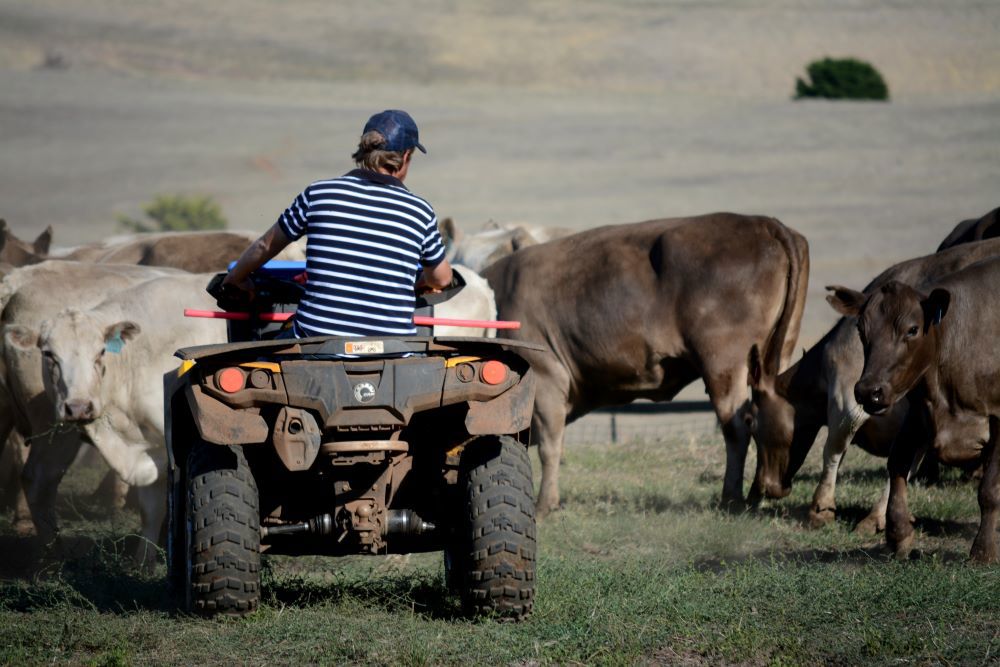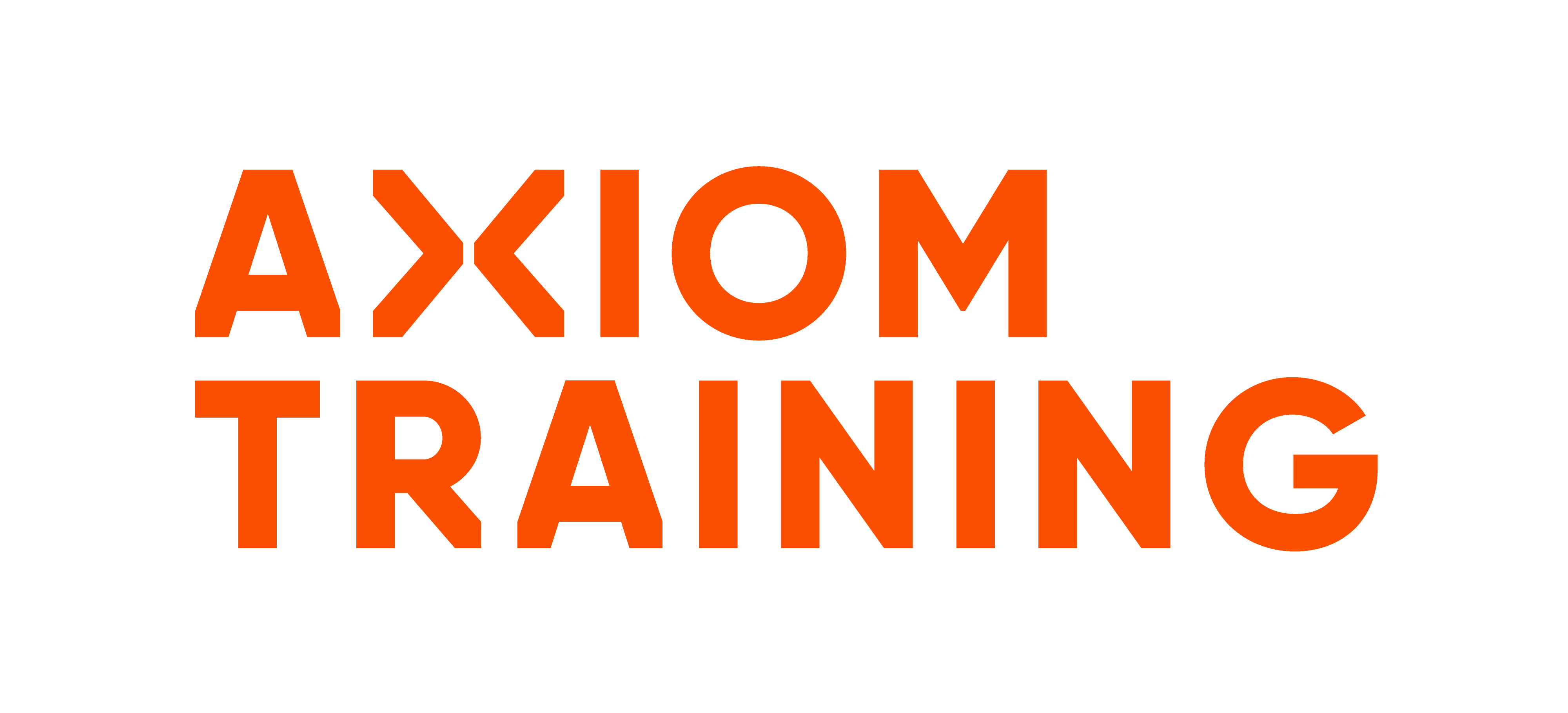White Paper: Quad Bike Safety: The Thin Line Between Life and Death
Quad Bike Safety:
The Thin Line Between Life and Death
This white paper examines the recent tragedies where four farmers lost their lives in quad bike roll-overs across New Zealand. Despite increased awareness, these incidents highlight ongoing risks associated with quad bike use on farms. This paper emphasises the critical importance of risk assessment, proper vehicle use, and training, referencing available courses from Safety n Action.
Introduction:
In the past few weeks, New Zealand has witnessed the tragic loss of four farmers due to quad bike roll-overs. These incidents, currently under investigation by WorkSafe New Zealand, occurred in Wairarapa, Canterbury, Southland, and Northland between 18 July and 30 July, coinciding with the start of lambing and calving season. The fatalities underscore the pressing need for heightened safety measures on farms, particularly during times of increased agricultural activity.
Case Background:
The four incidents involved farmers navigating varied and challenging terrain typical of rural New Zealand during a critical period in the farming calendar. Despite being aware of the risks, each incident resulted in a fatal outcome, prompting WorkSafe to issue a stern warning about the dangers of quad bike roll-overs.
The recent fatalities highlight the vulnerabilities that exist on farms, particularly when using quad bikes on steep or uneven terrain. These cases serve as a stark reminder of the importance of rigorous risk assessments and the use of appropriate safety measures to prevent such tragedies.
Analysis:
These incidents underline the critical need for comprehensive safety protocols when using quad bikes. Factors such as sloped surfaces, variable weather conditions, and the urgency of farming tasks can create a perfect storm for accidents. The common thread in these cases is the failure to adequately assess the terrain and task risks before using quad bikes.
Key Risk Factors Include:
- Terrain: Steep and uneven surfaces that increase the likelihood of roll-overs.
- Weather conditions: Wet or slippery ground that compromises vehicle stability.
- Fatigue: Tiredness affecting judgment and reaction times, leading to mistakes.
By examining these cases, we can identify the gaps in safety practices and highlight the importance of proactive measures, such as the use of crush protection devices, choosing the right vehicle for the task, and ensuring driver competence.
The Role of Training and Risk Assessment:
Training and risk assessment are critical in preventing quad bike accidents. Regular training ensures that operators are aware of the risks and equipped to handle challenging conditions. Risk assessments must be conducted before any quad bike use, taking into account the terrain, weather, and the nature of the tasks to be performed.
Training and Assessment Best Practices Include:
- Comprehensive Quad Bike Training: Operators should undergo training that covers vehicle operation, risk identification, and emergency procedures.
- Terrain and Task-Specific Risk Assessments: Assess the specific risks associated with the terrain and tasks at hand before each use.
- Equipment Maintenance: Regular checks on vehicle condition, including tyres, brakes, and safety devices, to ensure optimal performance.
Preventative Measures and Training Solutions:
To reduce the risk of quad bike-related fatalities, comprehensive training and robust safety processes are essential. Safety n Action offers a range of courses designed to enhance farm safety, including quad bike training that covers essential safety procedures, hazard identification, and the correct use of protective equipment.
Investing in such training not only improves safety but also empowers farmers to make informed decisions that could prevent future tragedies.
Conclusion:
The recent quad bike fatalities serve as a sobering reminder of the risks inherent in rural work, particularly during peak farming seasons. By prioritising safety through proper training, risk assessments, and the use of appropriate safety equipment, we can reduce the incidence of these tragic events. Employers and workers alike must recognise their roles in ensuring safety and take proactive steps to mitigate risks.
Through the implementation of comprehensive safety protocols and training, we can create safer working environments on New Zealand farms, ultimately preventing further loss of life.
References:
WorkSafe New Zealand. (2024). Four Deaths Prompt Quad Bike Warning. Retrieved from https://www.worksafe.govt.nz/about-us/news-and-media/four-deaths-prompt-quad-bike-warning/
Safety n Action. (n.d.). Quad Bike & Options. https://www.safetynaction.co.nz/en/our-courses/course-catalogue/quad-bike-options/
Relevant legislation
View training solutions
-
Quad Bike Initial and Refresher
Learn to ride a quad bike effectively and safely over varied terrain. Unit standards covered: 24557, 24554, 24559.
-
Light Utility Vehicle Initial and Refresher
This course teaches the knowledge, skills, and attributes for all essential areas of the units of competency covered under the best practice guidelines for Light Utility Vehicle (LUV) driving in the workplace. Unit standards covered: 24553, 24556, 24558
-
Safe Tractor Operation
Learn skills to drive a tractor effectively and safely in varied terrain. Unit standards covered: 19044, 31913, 31914.
-
4WD Training
This 4WD Training course teaches 4WD operators the knowledge, skills, and attributes for all essential areas of the units of competency covered under the full “best practice” guidelines for 4WD operation in the workplace. Unit standards covered: 20848, 17678, 17673, 17977




